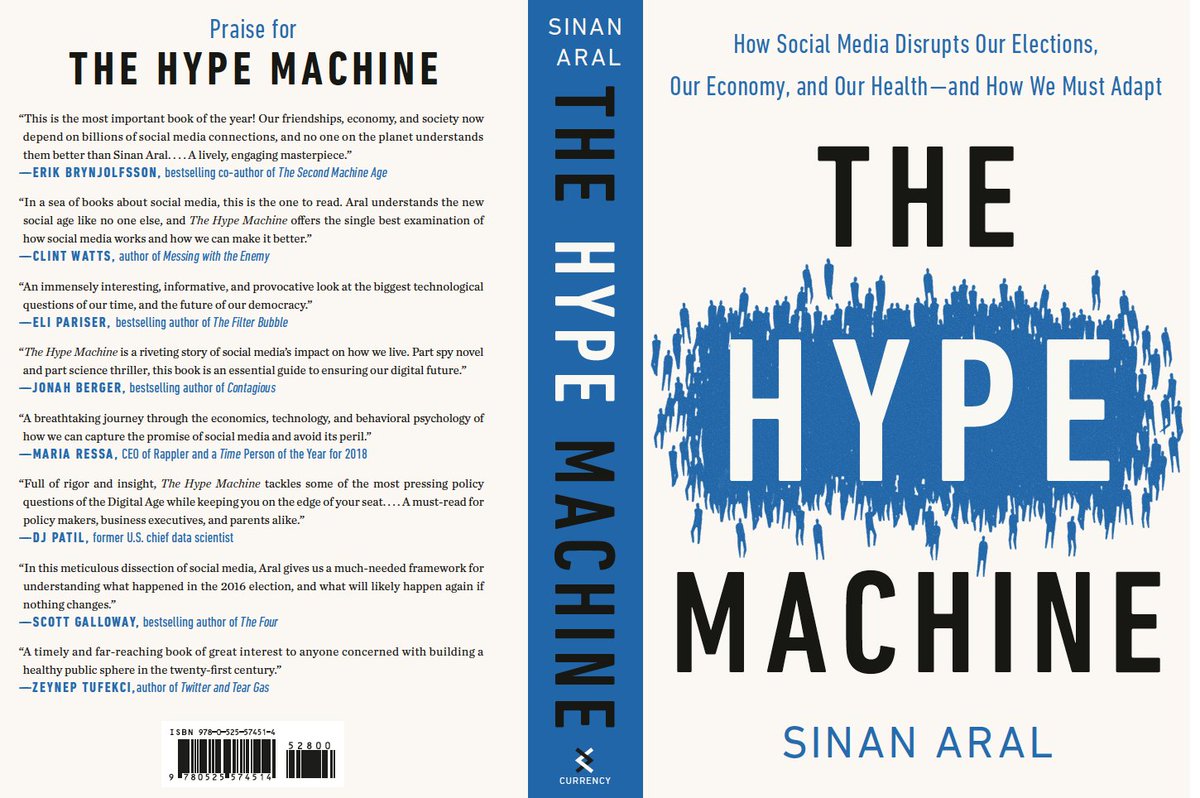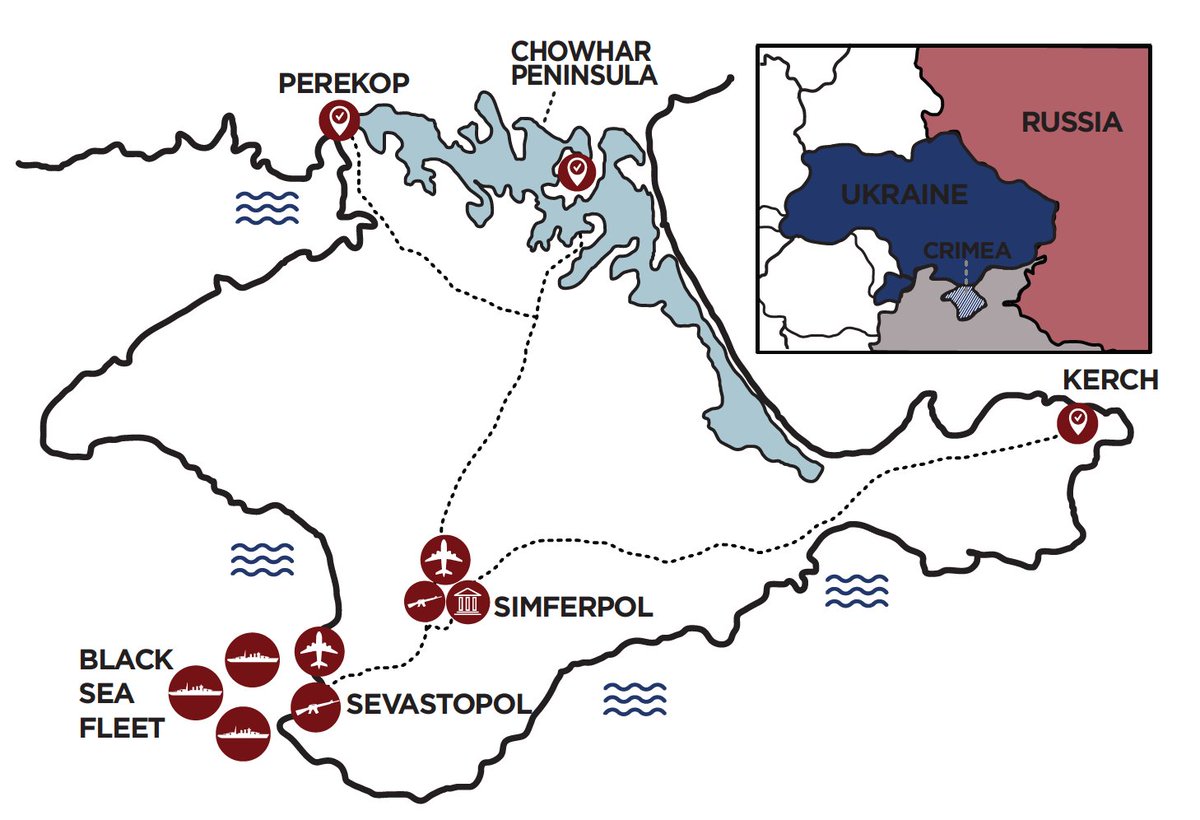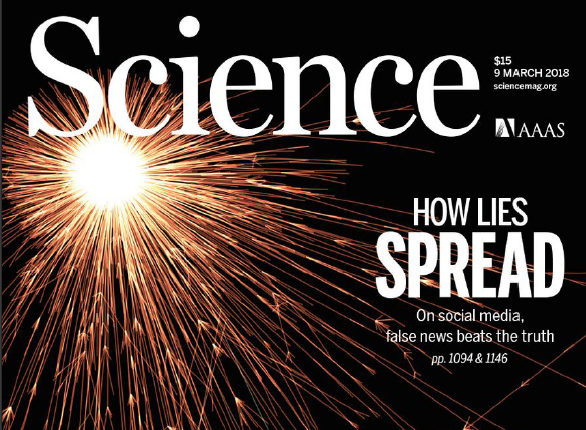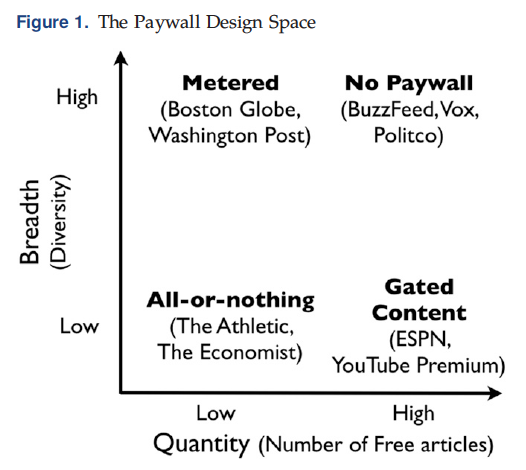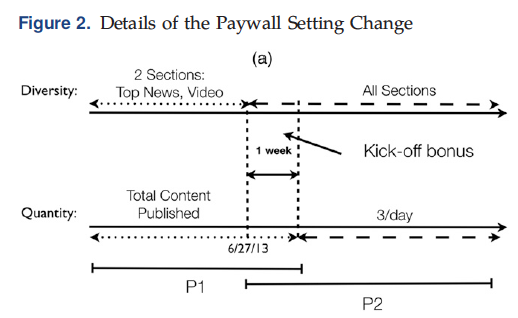
[🚨Event Announcement🚨] As Director of the @mit_ide (and on behalf of our amazing team) I'm so proud to announce the launch of The First Social Media Summit at MIT (SMS@MIT)! #SMSMIT
ide.mit.edu/events/the-soc… 1/
ide.mit.edu/events/the-soc… 1/
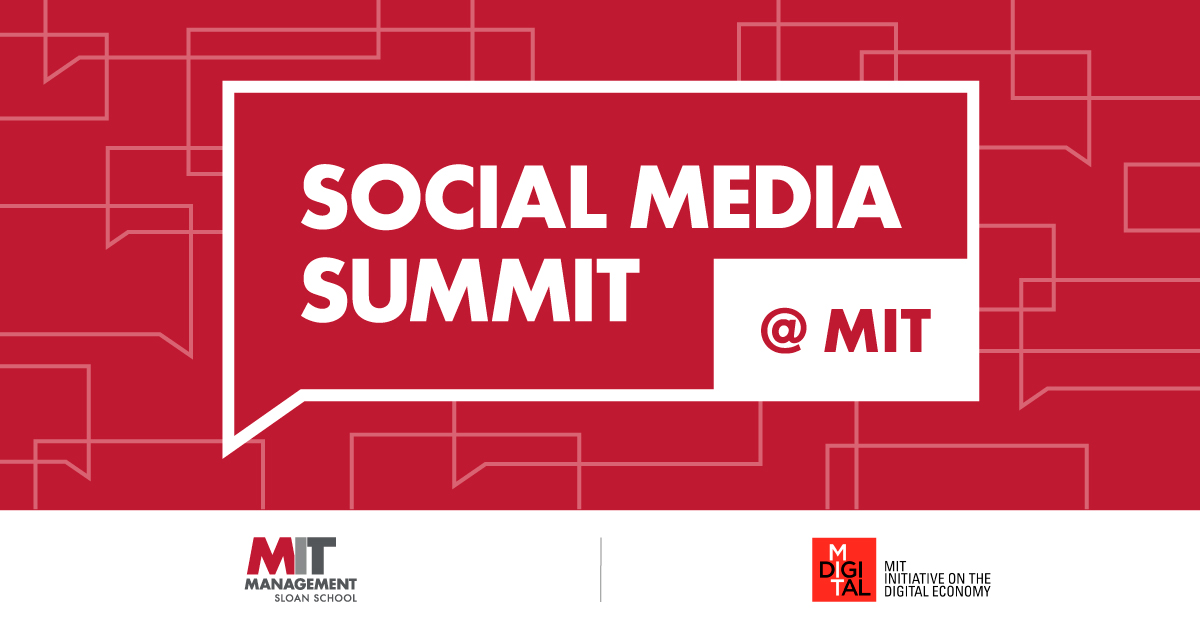
SMS@MIT brings together the world’s leading thinkers on social technology to examine the impact of social media on our democracies, our economies, and our public health — with a vision to craft meaningful *solutions* to the social media crisis. 2/ 
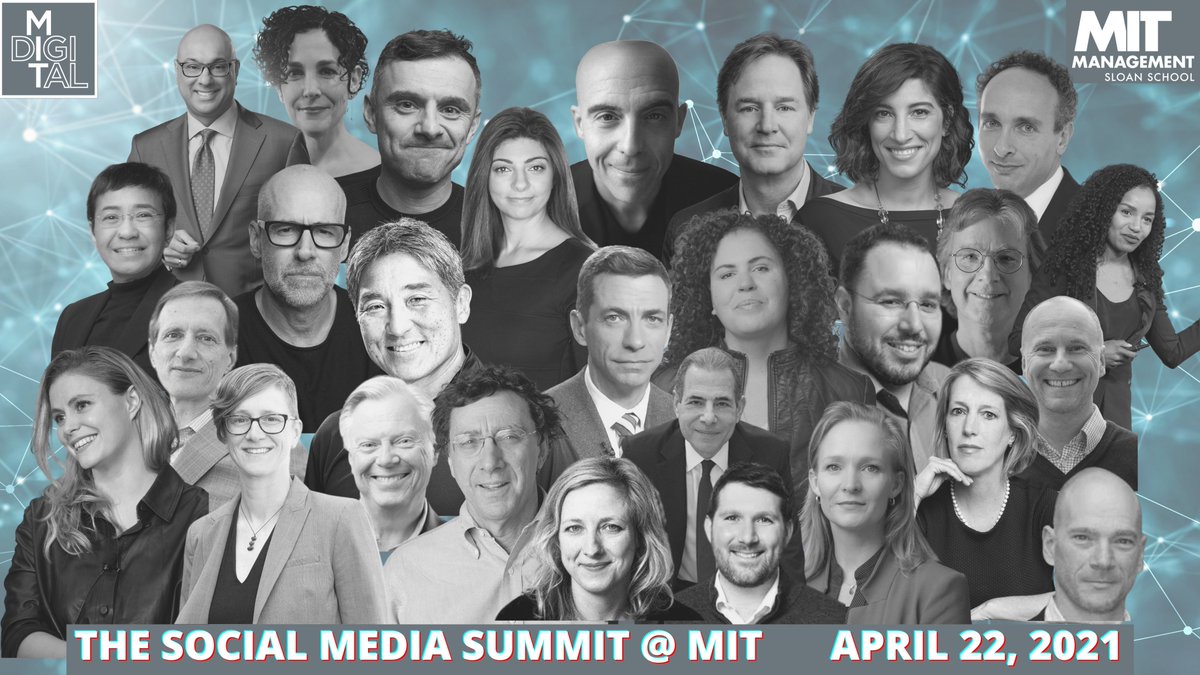
The Summit is a FREE virtual event that will take place on April 22nd, 2021, live streamed from @MIT around the world. Register for FREE now to reserve your spot!👇 3/
eventbrite.com/e/the-social-m…
eventbrite.com/e/the-social-m…
The purpose of the Summit is to understand the impact of social media, revisit public policy frameworks that will best govern this impact, and craft an agenda to achieve the promise of social media and avoid its peril.
It includes expert panels on key topics (read on👇) 4/
It includes expert panels on key topics (read on👇) 4/

Panel 1: "Rescuing Truth" addresses the spread of misinformation, conspiracy theories, cyberwarfare & social media manipulation - from conspiracy cults to political & economic terrorism - & their solutions. 5/
Speakers: @mariaressa @AliVelshi @camillefrancois & @selectedwisdom
Speakers: @mariaressa @AliVelshi @camillefrancois & @selectedwisdom

Panel 2: "Ensuring Transparency" addresses platform transparency & choice. We need transparency, but #CambridgeAnalytica began w/ @Facebook sharing data. So, how do we achieve transparency & security simultaneously? 6/
Speakers: @carolecadwalla @kinggary @katestarbird @markoff
Speakers: @carolecadwalla @kinggary @katestarbird @markoff

At lunch we'll Fireside Chat w/ @nick_clegg, VP for Global Affairs & Communications @Facebook, to discuss how they are addressing misinformation, content moderation, transparency, regulation & how social platforms can steer toward their promise & away from our peril. 7/ 

Panel 3: "Reviving Competition" addresses how to revive competition in a social media economy governed by network effects, including antitrust, interoperability, data & network portability, & merger oversight. 8/
Speakers: @ZephyrTeachout @joshgans @MarietjeSchaake @albertwenger
Speakers: @ZephyrTeachout @joshgans @MarietjeSchaake @albertwenger

Panel 4: "Humanizing Design" addresses how social media & algorithms perpetuate bias, amplify hate & harm, & polarize us. Should platforms be liable for product safety? How can we humanize social media’s design? 9/
Speakers: @Moonalice @reneegosline @elipariser @safiyanoble
Speakers: @Moonalice @reneegosline @elipariser @safiyanoble

Panel 5: "Enlightening Business Models" addresses whether the attention economy inevitably leads to the spread of falsity, hate & polarization? Or if can it be adjusted to align shareholder value with society’s values. 10/
Speakers: @garyvee @profgalloway @kaliouby @GuyKawasaki
Speakers: @garyvee @profgalloway @kaliouby @GuyKawasaki

Panel 6: "Restoring Speech" addresses how we draw the lines between free & harmful speech & who should draw those lines? Should we repeal or reform #Section230? How we can restore speech while minimizing its harm? 11/
Speakers: @noUpside @jkosseff @YaelEisenstat @stengel
Speakers: @noUpside @jkosseff @YaelEisenstat @stengel

It'll be my job to moderate this amazing day (I'm already prepping). My perspective, for better or worse, draws on my research & entrepreneurship, much of which is described in my recent book The Hype Machine, about how social media disrupts our world. 12/
sinanaral.io/books
sinanaral.io/books
Our job, at the @mit_ide is to bring rigorous science to bear on the world's most pressing challenges. We've been working tirelessly on #COVID, Fake News, Inequality, and of course the social media crisis. See what we're up to and get in touch here👇! 13/
ide.mit.edu
ide.mit.edu
And, don't forget to register for this amazing FREE event...
Do it now👇! 14/
eventbrite.com/e/the-social-m…
Do it now👇! 14/
eventbrite.com/e/the-social-m…
• • •
Missing some Tweet in this thread? You can try to
force a refresh

